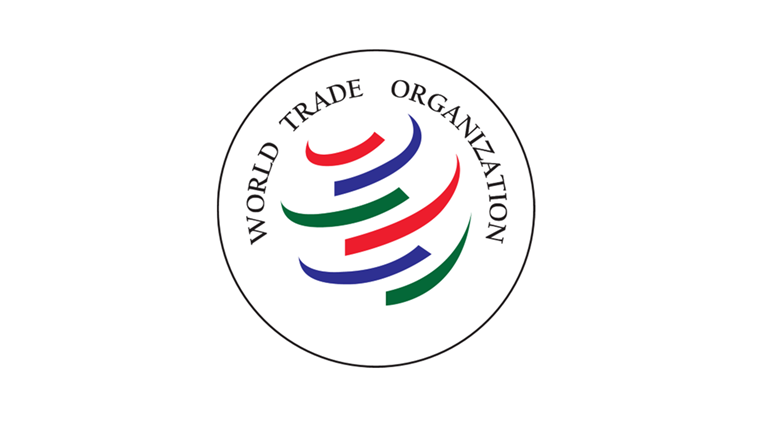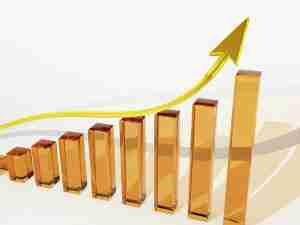The U.S. and China are set to clash in Geneva on Tuesday as envoys from the world’s two largest economies address the World Trade Organization amid threats of a trade war.

Chinese Ambassador Zhang Xiangchen will criticize Washington’s proposed tariffs on $150 billion of Chinese goods as well as levies on steel and aluminum that went into effect in March, according to an agenda of the meeting. Zhang’s U.S. counterpart, Dennis Shea, is expected to defend the measures and find fault with Beijing’s retaliation.
The debate comes just after a U.S. team led by Treasury Secretary Steven Mnuchin ended trade negotiations in China with little progress other than agreeing to keep talking. The White House said on Monday that Chinese President Xi Jinping’s top economic adviser, Vice Premier Liu He, will travel to Washington next week for follow-up trade talks.
Meanwhile, data released on Tuesday in Beijing showed the trade surplus with the U.S. isn’t showing any signs of disappearing, despite U.S. President Donald Trump’s threats of tariffs. The surplus increased to $22.2 billion in April, the first time that the gap has widened since November, according to Customs Administration data compiled by Bloomberg.
The European Central Bank and International Monetary Fund have both warned that rising protectionism could undermine the strongest economic growth the world has seen in years. Economists expect a 3.7 percent expansion this year and next after 3.8 percent last year.
“Unilateralist and protectionist measures taken by one major WTO member is putting unprecedented threats to the rules-based multilateral trading system,” Zhang said at a meeting on Monday in a prelude to the more formal general council gathering the following day. “Responding collectively to ensure the functional and effective operation of the organization becomes a pressing and most urgent matter for the moment.”
Trump has upended the global trading system by threatening to put levies on as much as $150 billion in Chinese imports in retaliation for alleged violations of intellectual property. Washington also introduced import tariffs of 25 percent on steel and 10 percent on aluminum in the name of preserving national security. China and the European Union, which received a waiver from the metals levies until the end of the month, have said they would retaliate.
Deputy U.S. Trade Representative Shea also took aim at the WTO, which is headquartered in Geneva, on Monday, saying that the regulatory body will be in “grave jeopardy” if members can take advantage of the dispute settlement system to promote “unfair, trade-distorting behavior.”
“This organization has been living off the fruits of a previous generation’s negotiations for too long, and members have over the years turned to litigation to impose new rules where none had been agreed,” Shea said.
The intensifying conflict has sparked worries that worldwide growth could suffer. The ECB warned this week—joining a growing chorus that includes the IMF and the European Commission—that a rise in protectionist policies may damage the global economy.
Zhang is also expected to criticize the Trump administration’s refusal to appoint new members to the WTO appellate body, which has created an existential threat to the organization. If the U.S. continues its hold, the WTO’s ruling body will be paralyzed in late 2019 because it won’t have the required number of panelists to sign off on decisions.
The Trump administration has censured the appellate body, saying it applies an “activist approach” and makes “unnecessary findings,” among other criticisms. Shea also found fault with the panel for “reshaping the system” and “expanding its authority” without consent from the WTO’s 164 members.







